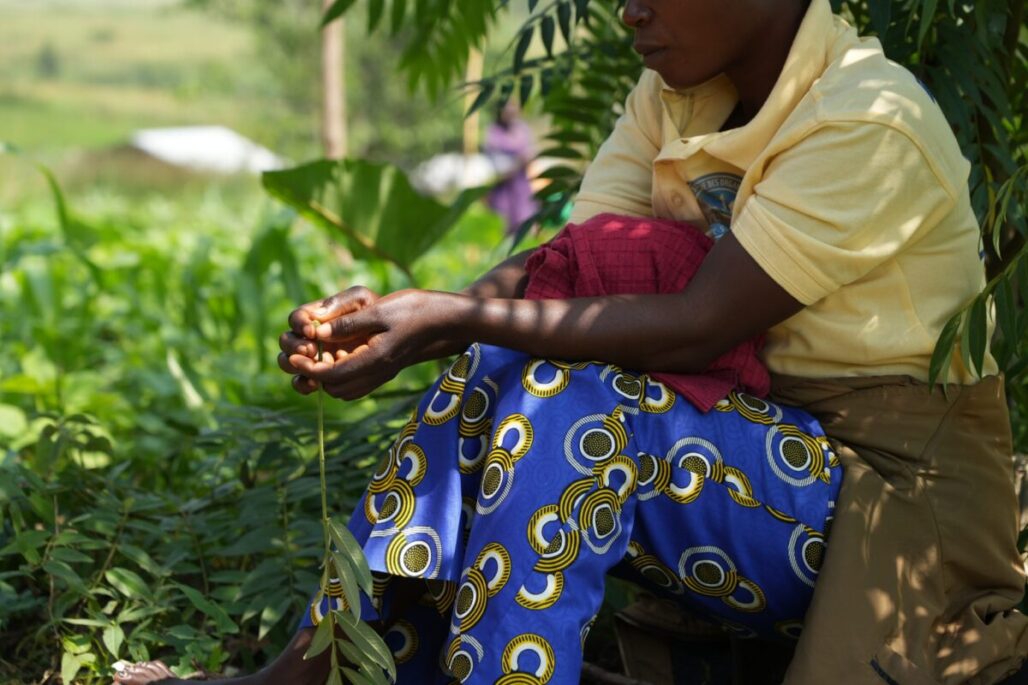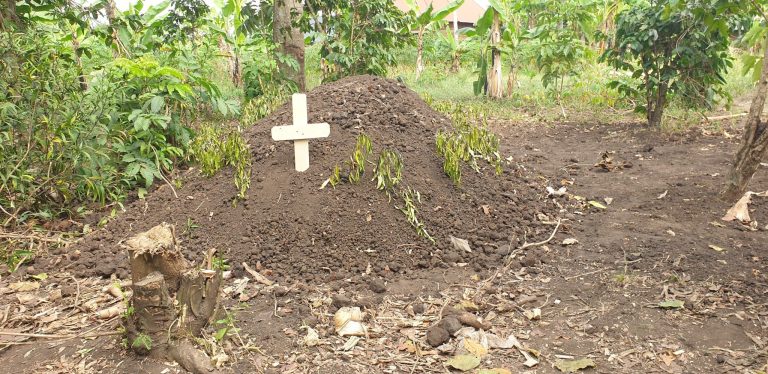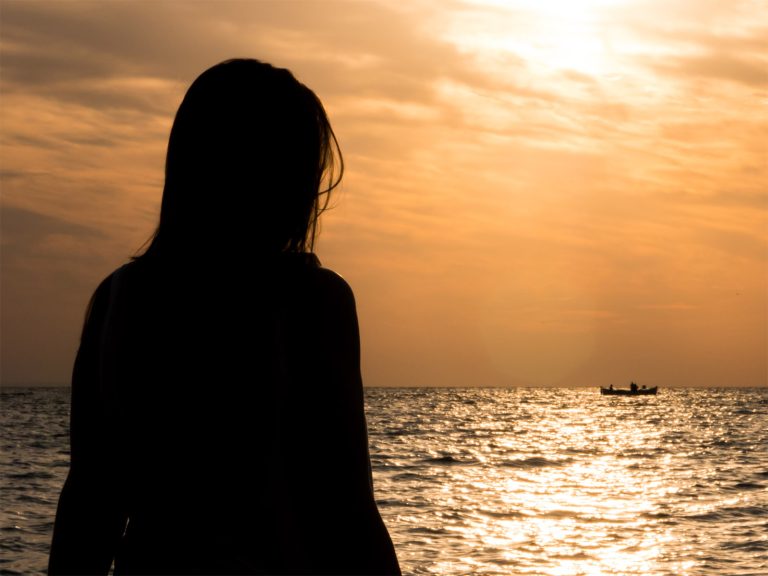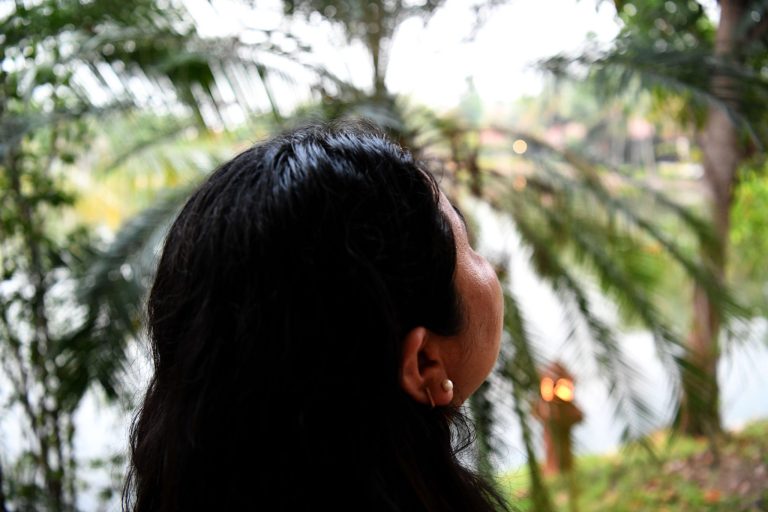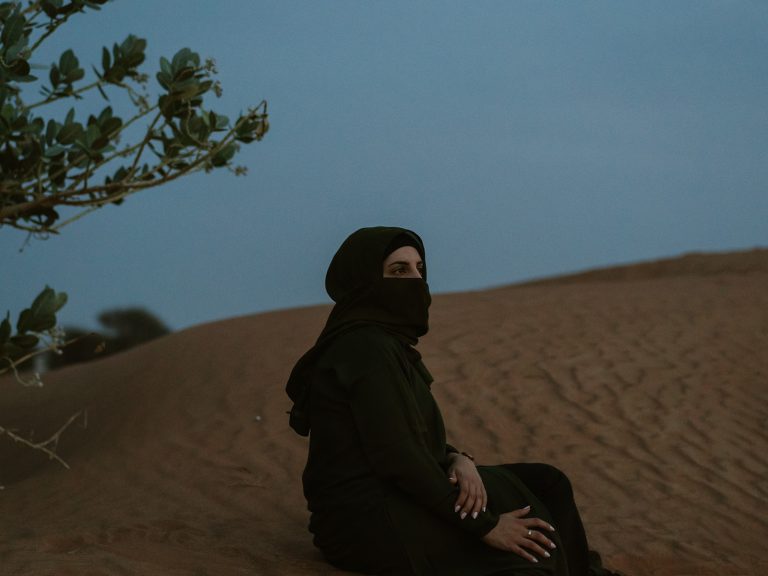A village school supported by Open Doors breaks down prejudice and creates reconciliation in a local Ethiopian village. The school offers bullied children as well as all other children the opportunity to learn new things in a safe environment.
Twin boys Fasil* and Ezana* live in a traditional two-room house in southern Ethiopia. Like many elementary school kids around the world, they mostly want to play soccer. They are normal children. Their village is peaceful and seems like a lovely growing environment.
The situation in the village affects not only the adults, but also Fasil and Ezana.
Believers in Jesus are no longer welcome in the village. The Gemini family and their community know this from experience.
A Christian has only the dignity of the dead
This part of Ethiopia is mostly Muslim and Ethiopian Orthodox Church territory. Protestant Christians form a significant minority, including the Tadesse family.
Although relations between the Orthodox Church and other Christians are friendly in some parts of Ethiopia, in this village any non-Orthodox Christian can experience persecution. There are also extremists among Muslims who persecute Christians, which makes the small Protestant community particularly vulnerable.
“Evangelical Christians are oppressed in our region,” says Pastor Yohannes*, the leader of the local congregation.
“When a person turns to Jesus Christ from another religion, he is threatened and told to deny his God. Otherwise, they threaten to kill him in three or four days. Such a message is left on the door of a believer’s home.
“From their perspective, an evangelical Christian is equal to a dead and decaying body.”
Persecution is not just history that we can read in the pages of the Bible, but also a living reality that leaves its mark on the people He loves. It all became horribly clear recently. [Note: The following paragraph contains descriptions of violence]
Attack against the evangelical group
“We preached the gospel and called non-believers to convert,” says Yohannes.
“The community of the area attacked us, some with weapons. They surrounded us and asked, “Where have these people come from?”
The men among the Christians were beaten and fled for their lives. Some of them spent three days in the forest before finally reaching home. Women in a group of evangelists were dragged along the ground by their hair and urinated on.
“It caused a huge psychological scar for our nurses,” says Yohannes. “It’s hard to believe that a person born of a woman would treat another woman like that, but they did.”
The love for all the residents of the area has changed the perception of many local people about the Christians living in the village.
Yohannes recalls a specific attack that was not only aimed at the building, but also at members of the congregation.
“During the Friday prayer, [these extremists] climbed over the churchyard and saw that we were praying. They started throwing stones. When the stones had broken the windows, one of the stones hit the head of a sister and another believer. Yohannes shows the damage caused to the church by the stones.”
Another incident took place during the Christmas celebration: “When we gathered to celebrate the birth of Christ, [extremists] were sent here on purpose. They started throwing stones from the roof of the church.”
Such an environment makes raising religious children a challenge. But Fasil and Ezana have been able to learn more about Jesus thanks to God’s faithfulness and the courage of their family and pastor.
Grows under pressure
Ermias*, father of twins, has personally encountered persecution. He is an evangelist who has been abused for sharing his faith both as a child and as an adult. As he is a member of the Yohannes parish, he has experienced how the village views their parish.
“The villagers chased the young people of our congregation and made us angry during the service,” says Ermias.
Ermias has a kind and humble heart. He and his wife are fully devoted to serving the church. They know the reality of persecution. The situation in the village affects not only the adults, but also Fasil and Ezana.
Ermias cannot afford to send her children to a private school where they will not be mistreated because of their religion.
“We were in a difficult situation because of the persecution,” he says. “Even in the schools where our children used to go, it was difficult. Although they were among the best students, our children were not given the grades they deserved and their exam scores were lowered.”
Ermias cannot afford to send her children to a private school where they will not be mistreated because of their religion. “I wanted it for them, and although I thought about it a lot, I couldn’t send them there,” he says.
Normally Fasil and Ezana’s story could have ended here, but this time the outcome is different, thanks to Open Doors supporters and local partners.
Community school for all
One of Open Doors’ support objects in Ethiopia is called the Bridge Project. As the name suggests, its purpose is to create a bridge between the Christian community and its surrounding community, village or city.
The school is one of these projects in the village of Fasili and Ezana. It is not actually cr
ist school, although it belongs to the Yohannes parish and is used for the parish’s needs. It also provides a safe place for Christian children to receive an education.
“I don’t worry about the children’s safety anymore, because the school grounds are the property of my parish,” Ermias says with relief.
The boys also like their new school. “I like going to school, I like playing with my friends,” says Fasil.
The love shown to all the people in the area has changed many people’s perceptions of the Christians living in the village.
“When Open Doors built this school in our area, it brought big changes,” says Yohannes.
“The community began to recognize our school and the hatred towards us gradually began to change. In addition, they liked the fact that we provided free education to the poor who could not afford to pay for their children’s schooling. It changed the hatred towards us and they started to like us.”
*Name changed for security reasons.
Source: Radikaali Kristuksen rakkaus loistaa etiopialaisessa kyläkoulussa | Open Doors Finland


